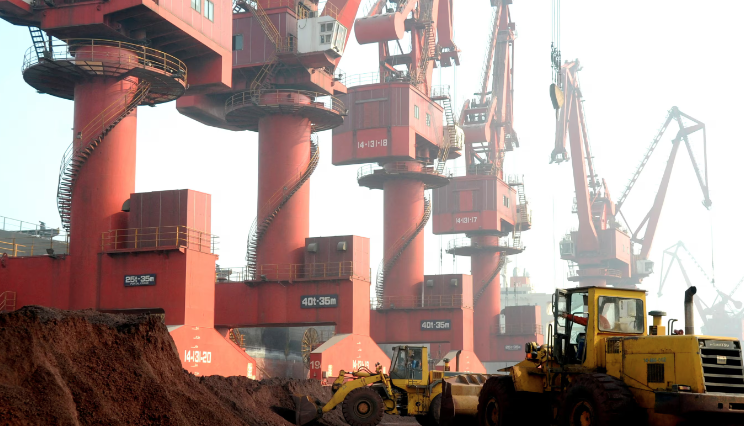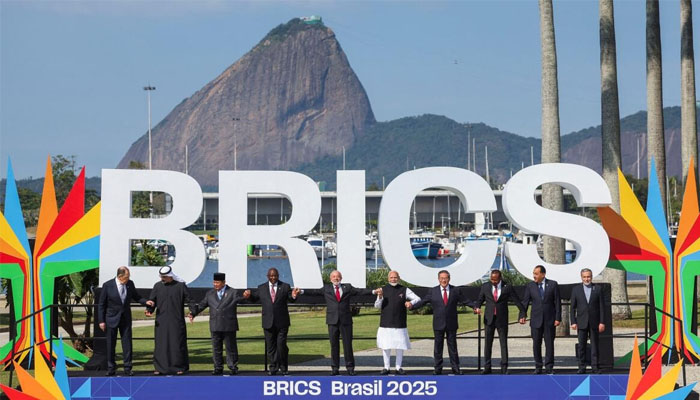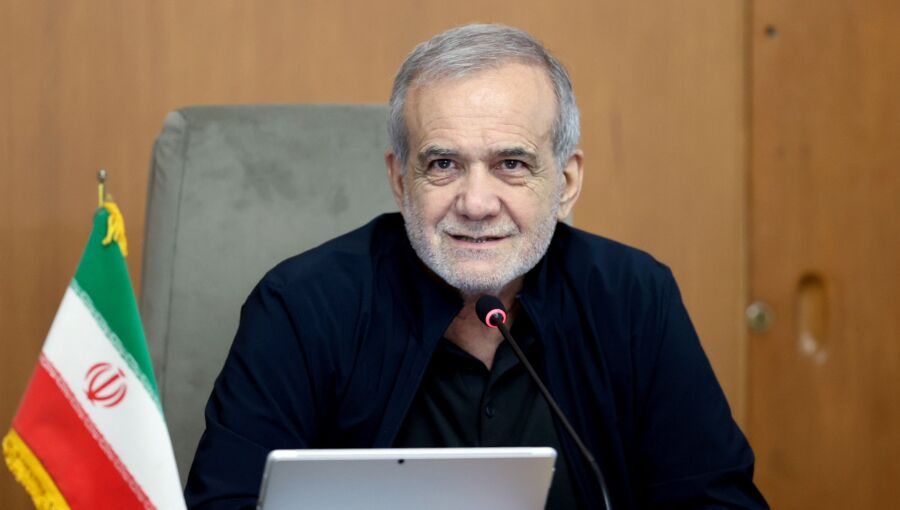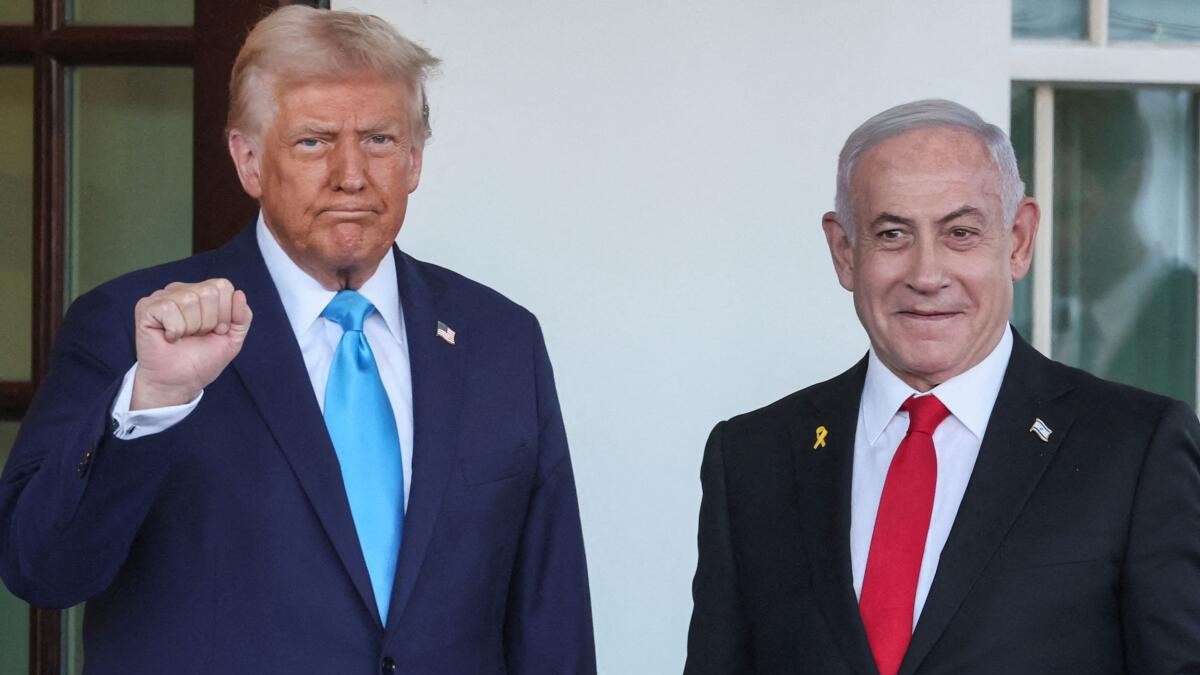WORLD NEWS

China’s decision to restrict exports of rare earths and magnets earlier this year in retaliation to U.S. tariffs has sent shockwaves through the global auto industry while simultaneously intensifying pressure on its own domestic producers, many of whom are already grappling with weak demand and stockpiles.
In April, Beijing imposed export controls on key rare earth materials—vital components in electric vehicles (EVs), wind turbines, and electronics—leading to a 75% drop in magnet exports in just two months and forcing several international automakers to halt production.
Though the U.S. and China reached a tentative deal on June 27 to resume rare earth exports, the implementation will take time, the Baotou Rare Earth Products Exchange warned, revealing that inventories were piling up in warehouses.
“Their sales are now being squeezed from both ends—disrupted exports and flagging domestic demand,” said Ellie Saklatvala, head of metal pricing at Argus Media.
➤ A Blow to China’s Magnet Industry
China produces 90% of the world’s rare earth magnets and consumes the majority domestically. However, public filings from the 11 largest listed magnet makers reveal that 18% to 50% of their 2024 revenue came from exports—now in jeopardy.
Two major magnet producers told Reuters they expect revenue to fall this year, citing the export restrictions, EV sector slowdown, and economic pressures. Small- and mid-sized companies reportedly cut production by around 15% in April and May.
“It will have a huge impact on our export business,” one magnet producer said, requesting anonymity due to the political sensitivity of the issue.
Many firms have also been unable to repurpose unsold export inventory for the domestic market due to the customized nature of rare earth magnets, leading to large-scale storage of goods and a growing cash flow crisis.
➤ Market Shock, But Uncertain Recovery
Share prices of listed magnet makers initially plunged in April, but have since rebounded, raising concerns from analysts.
“None of the current market outlooks justify the recent rise in stock prices,” said Cory Combs, head of critical mineral research at Trivium China.
Some companies, such as Baotou Tianhe Magnetics Technology Co, acknowledged the curbs in annual reports and warned of potential export revenue losses. Others like Yantai Zhenghai Magnetics confirmed receiving export licenses but remain cautious.
However, analysts warn a quick return to normalcy is unlikely, drawing parallels with China’s prolonged restrictions on germanium and antimony, which crippled exports despite the civilian use of those materials.
“There’s no going back,” said David Abraham, professor at Boise State University.
“Export licensing will permanently increase industry costs and delays.”
➤ Pressure to Consolidate
The ongoing pressures could trigger consolidation in China’s rare earth magnet sector, which includes hundreds of small and mid-sized manufacturers.
“Beijing might welcome consolidation,” Abraham said. “It improves oversight and control over material flows.”
Meanwhile, the global auto and battery sectors continue to scramble for alternatives amid supply disruptions and rising geopolitical tensions.




